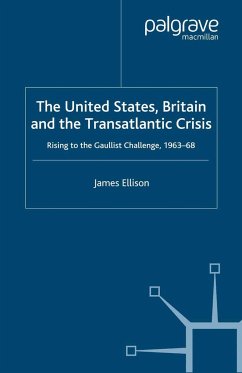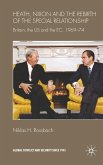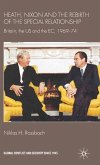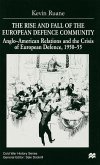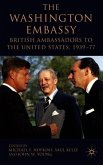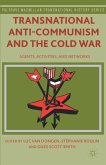The greatest threat to Western unity in the 1960s came not from a communist enemy but from an ally: France. De Gaulle challenged the dominance of the US by bringing crises to the EEC and NATO and seeking détente with the Soviet bloc. As this book shows, the US and Britain cooperated successfully to ensure that his plans did not prosper.
'A lucid and important study of a critical period in the transatlantic alliance, based on extensive research in American and British sources. Ellison explores issues that still shape our contemporary world.' - Professor David Reynolds, Cambridge University.
'On the basis of an impressive amount of archival material, James Ellison's study offers an authentic and captivating analysis of one of the most critical phases in transatlantic relations resulting from Charles de Gaulle's breach with NATO as an integrated military alliance. In depicting American and British attempts to contain this crisis, he sheds striking new light on the British decision to reapply for membership of the Common Market and to retreat from its engagement 'East of Suez'.' - Professor Dr Klaus Schwabe, University of Aachen, Germany
'With this carefully researched and well-argued study, we can better understand the working dynamics of the US-UK special relationship, a partnership of extraordinary durability and effectiveness. The great irony that Ellison's book reveals is that the US-UK relationship was transformed and strengthened as much by the challenge posed by an erstwhile ally, France, as by their Cold War enemy, the Soviet Union. This is a very important and timely historical study, and deserves the attention of scholars and policymakers alike.' - Professor Thomas Schwartz, Vanderbilt University, USA
'On the basis of an impressive amount of archival material, James Ellison's study offers an authentic and captivating analysis of one of the most critical phases in transatlantic relations resulting from Charles de Gaulle's breach with NATO as an integrated military alliance. In depicting American and British attempts to contain this crisis, he sheds striking new light on the British decision to reapply for membership of the Common Market and to retreat from its engagement 'East of Suez'.' - Professor Dr Klaus Schwabe, University of Aachen, Germany
'With this carefully researched and well-argued study, we can better understand the working dynamics of the US-UK special relationship, a partnership of extraordinary durability and effectiveness. The great irony that Ellison's book reveals is that the US-UK relationship was transformed and strengthened as much by the challenge posed by an erstwhile ally, France, as by their Cold War enemy, the Soviet Union. This is a very important and timely historical study, and deserves the attention of scholars and policymakers alike.' - Professor Thomas Schwartz, Vanderbilt University, USA
